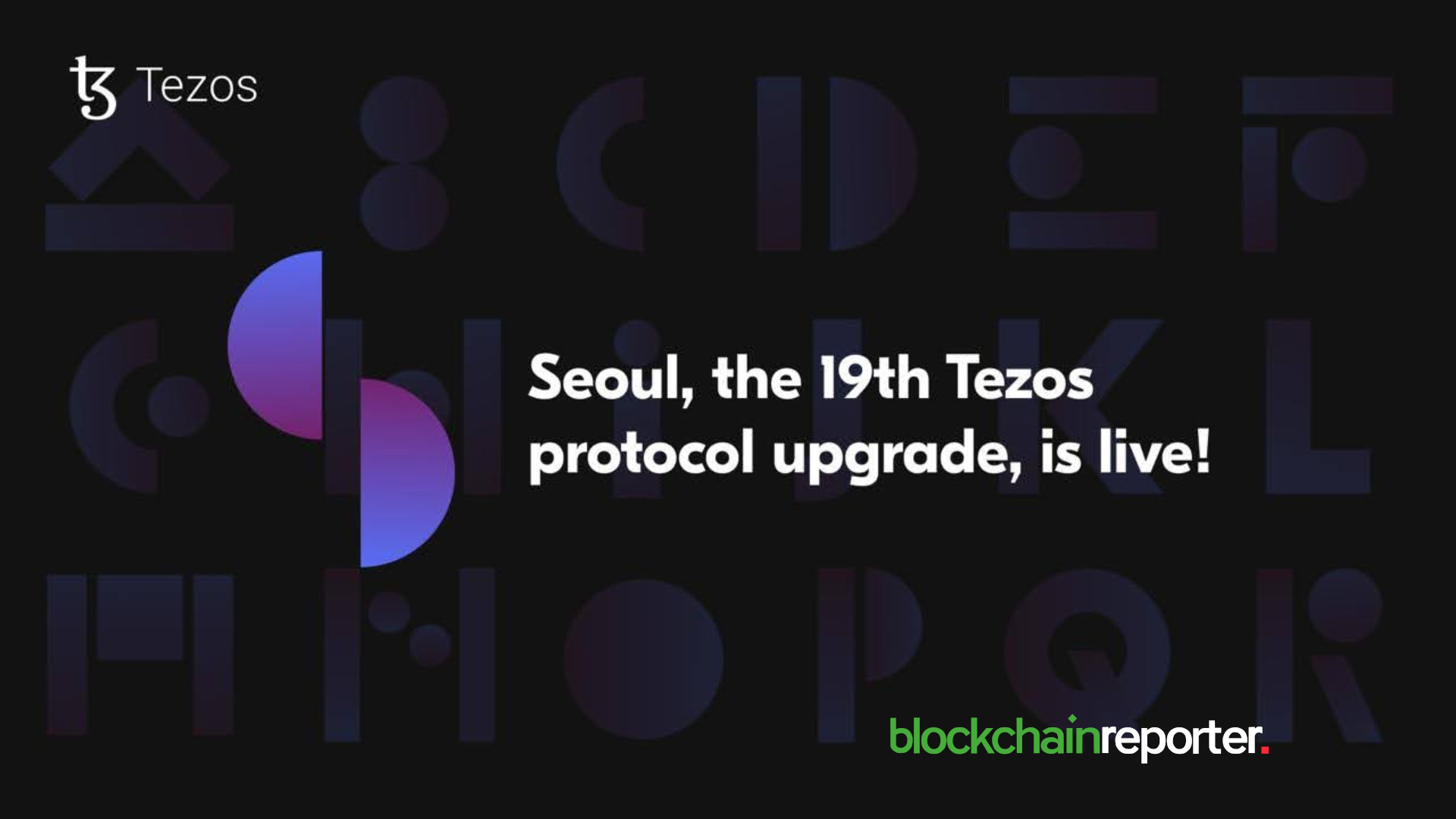2019-12-21 19:22 |
Coinspeaker
Blockchain Analyst Arianna Simpson Predicts Staking Market Centralization
According to Arianna Simpson, founder and managing partner at ASP, Binance just increased the heat on the staking market. It offers 0% staking fees for the XTZ fans, a week after Coinbase‘s announcement of XTZ support. This is the beginning of a staking war, where centralized players take operational costs on themselves and achieve brand recognition, new clients and centralization of the future market.
1/ Coinbase adds automatic staking for XTZ, and less than a month later, Binance introduces 0% staking fees on Tezos.
Stake wars are just getting started, and things are already starting to feel a liiittle uncomfortable.
A thread on centralization in Proof of Stake (PoS):
— Arianna Simpson (@AriannaSimpson) December 19, 2019
She elaborates on the topic of running a node. It is not always easy to set up the node, you need to have a certain level of expertise in Proof of Stake (PoS) systems. That’s why some people don’t have the time or will to dive into the documentation. They prefer storing PoS tokens within online platforms. The “crypto banks” offer automated staking, a variety of the tokens and bonuses. The users don’t need to deal with the complicated tech parameters: a company is validating PoS transactions on your behalf, managing WiFi routing, VPN tunneling and so on.
However, such convenience comes at the cost of security. The stake of the coins becomes highly concentrated in one place. The network participants are in a weak position: they’ll have to trust a few people instead of trusting many. The centralization of governance is the inevitable outcome.
Power Laws Always Take Over MoraleIn theory, all such validators look similar. One of the reasons behind the concentration of staking clients around a few players is the possibility of delegation. If a known validator has low fees, good transaction record, and users feedback, everyone come for a piece of the pie. The validators want people to stake at their platform, and abandon using home hardware or small validators. They have many sweeteners and can offer guarantees: their reputation, low fees, additional services/airdrops, etc.
If the market runs smoothly with centralized hubs, they increase in size and the small validators have to quit. Arianna brings Binance and their zero fees as the latest example of undercutting the market.
In PoS centralization model validators seem to be equivalent to pools in Bitcoin. The researcher claims that “collusion must be assumed to be possible and probable”. Security comes when the network’s validation reward is higher than the profit from an attack. She also suggests slashing as the measure to cut money flow to people who misbehave within a network.
As the possible solution to centralization in PoS, researcher claims:
a) Minimal staking fee social consensus, which will require the validators to charge large fees.
b) Fees for misbehavior – if some validators try to interfere with the network’s consensus, they get their funds cut, immediately.
c) Small validators more preferable – creating incentives for small validators (like within the PolkaDot’s Nominated PoS)
The centralization in staking looks inevitable. A broad set of popular, profitable coins like Decred or EOS can be staked via a dozen of online platforms offering small fees. Arianna claims that due to the possibility of corruption, the network could make use of Zero-Knowledge-Proofs. They would disallow validators to misrepresent the blocks to the network and add to decentralization.
Mining Centralization Already Eats the Proof of Work CryptocurrenciesMany thought that PoS and DPoS algorithms will solve the mining centralization problem, by replacing mining with staking. People will hold the tokens for long periods, getting interest and additional price-related profits. The only thing you need to do – hold the coins within the wallet, mark them as Stake and collect rewards from the network. In sophisticated blockchains, you can become a block producer, a validator, or even a major coin holder (not recommended).
However, now Bitcoin critics point on the fact that most of the mining and board production concentrated in China. Different entities step up with their data, showing up to 70% dependence from Chinese manufacturers. Many of the U.S. firms are covertly using Bitmain chips: they add several minor improvements, put on a new label on the mining rigs and sell them as their product, sometimes twice the real price.
Also, Nvidia and AMD corporations both have domination in the Ethereum mining market. And in this mining war, there’s already lots of blood, with companies like Core Scientific reportedly trying to overtake the AMD-based mining of Ethereum and other GPU-oriented coins.
Blockchain Analyst Arianna Simpson Predicts Staking Market Centralization
origin »Bitcoin price in Telegram @btc_price_every_hour
Market.space (MASP) на Currencies.ru
|
|



